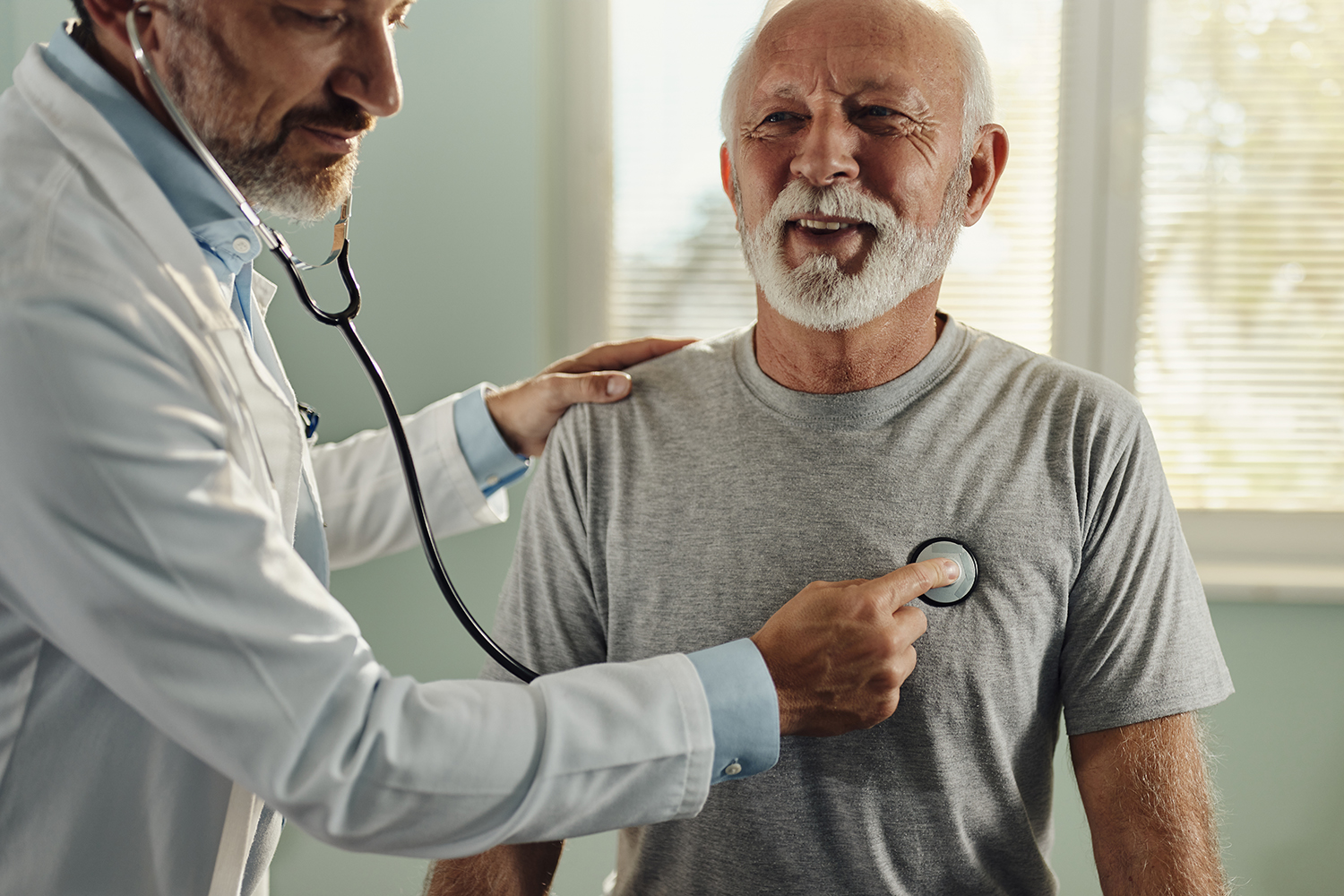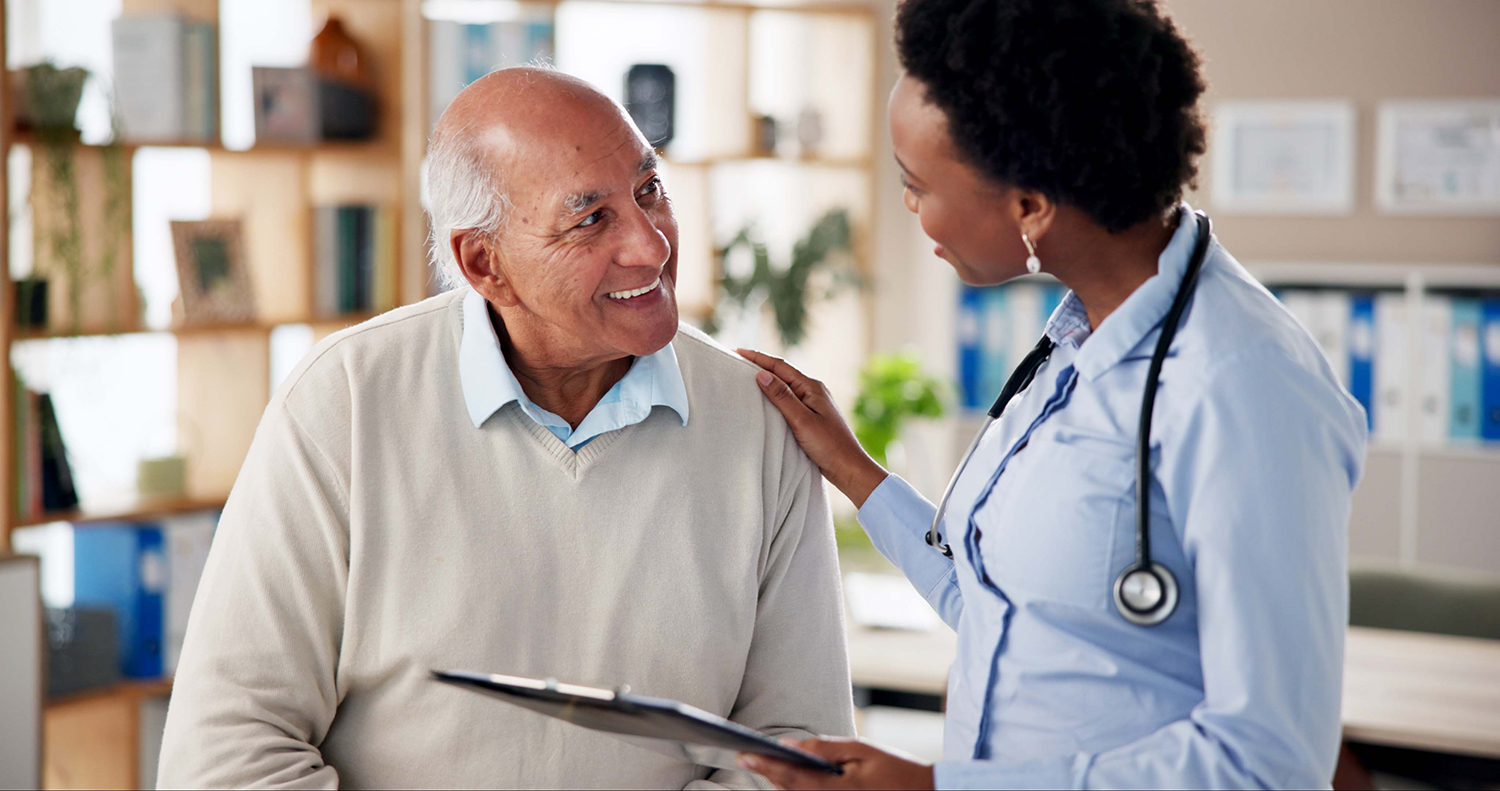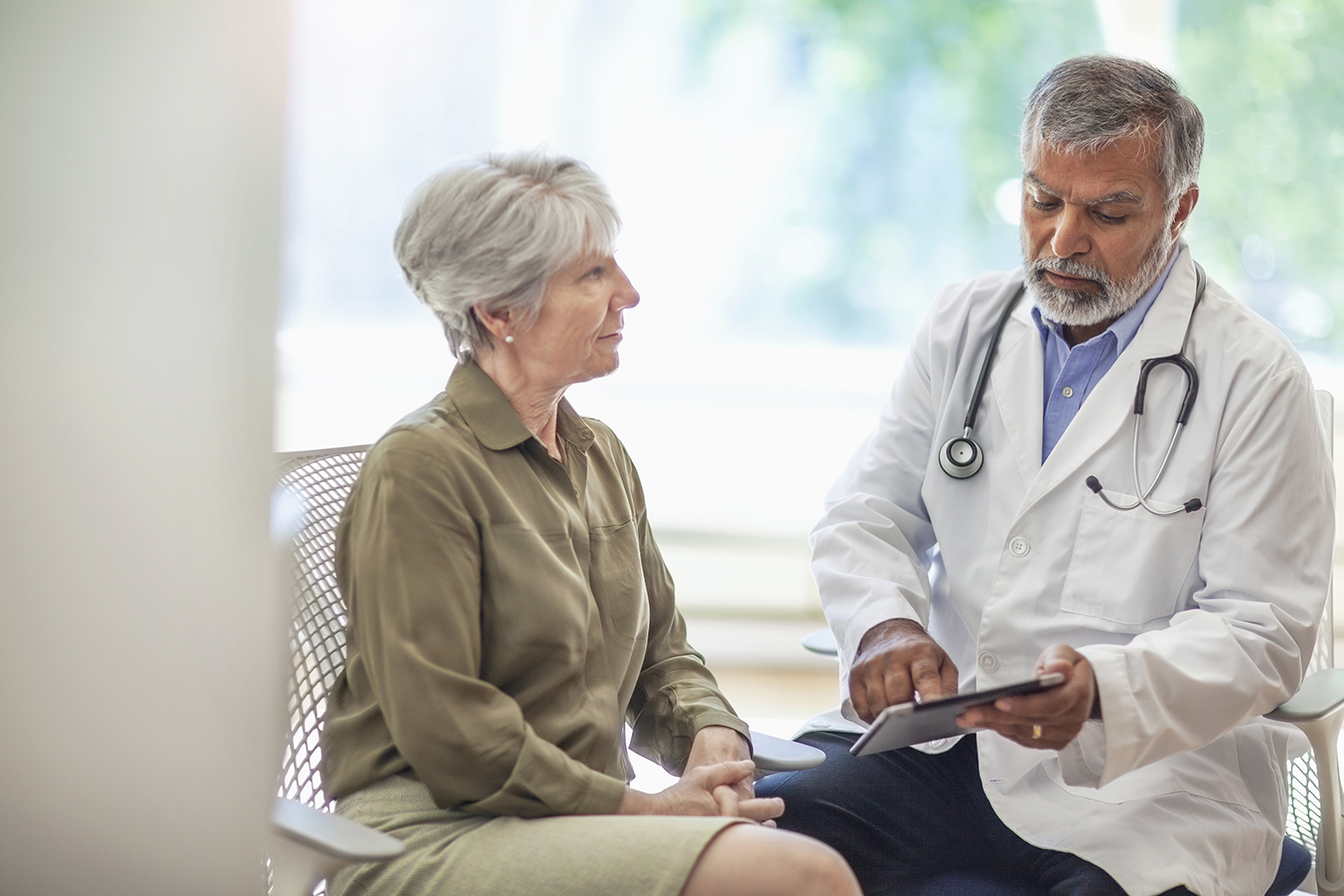Breast cancer awareness is very important, especially for our seniors. Early detection and understanding can lead to better outcomes and treatments. A glance at the American Cancer Society's recent statistics highlights the gravity of the situation. For individuals aged 60-69, breast cancer cases account for 31% of all diagnosed cases. Those between 70-79 face a similar percentage, representing 21% of all cases. The 80 and above group contributes to 10% of the cases and has the highest percentage of death rates at 27%. These statistics highlight the critical need for awareness, especially for those 65 and above.
Why You Should Be Extra Vigilant as a Senior
The risk of developing breast cancer increases with age. According to the American Cancer Society, the median age of diagnosis for breast cancer in women is 62 years. This emphasizes the necessity of early detection and awareness for those in their 60s and beyond.
It could be an obstacle for people living in areas where access to routine testing may be limited. While Medicare covers mammograms for most seniors over 65 in the United States, out-of-pocket charges or financial challenges may prevent regular check-ups. This makes it even more important for seniors to be proactive in self-examinations and seek out community services or clinics that offer discounted or free tests. Knowing what to do can save you from a late diagnosis later on.
Symptoms to Watch Out For
As a senior, you should be aware of and comprehend the most typical symptoms of breast cancer. One key sign is the feeling of lumps in the breast or beneath the arm. While not every lump indicates cancer, seeing a doctor if you detect one is a smart idea. Changes in the appearance or sensations of the breast are also significant. This includes things like the breast becoming larger or smaller, as well as consistent pain. Other indicators to check include skin changes on the breast, such as turning red, dimpled, or puckered. Early detection and evaluation of these signs can help treatments be more effective.
Preventive Measures and Screenings
Routine screenings are necessary. Mammograms are essentially X-rays of the breasts and are the most effective tool in early breast cancer detection. Yearly mammogram screening should start in your 40s. That said, women aged 55 and older should get mammograms every two years or choose to continue yearly screenings. You should discuss the best screening strategy with your healthcare provider.
In addition to medical screenings, maintaining a balanced diet, regular exercise, and limiting alcohol intake can also reduce the risk.
Your Partner in Health and Awareness
In our shared journey to prioritize health—awareness is our strongest ally. Recognizing the significance of breast cancer, especially as we age, gives us the knowledge to make informed decisions and take proactive measures. We're not just your healthcare provider but your partner in this journey. Our commitment goes beyond just treating your illnesses. It’s about providing education, understanding, and support.
For a more personalized discussion about breast cancer screenings or to learn more about the comprehensive services we offer dedicated to seniors, schedule an appointment today. Together, we can create a healthier tomorrow.




